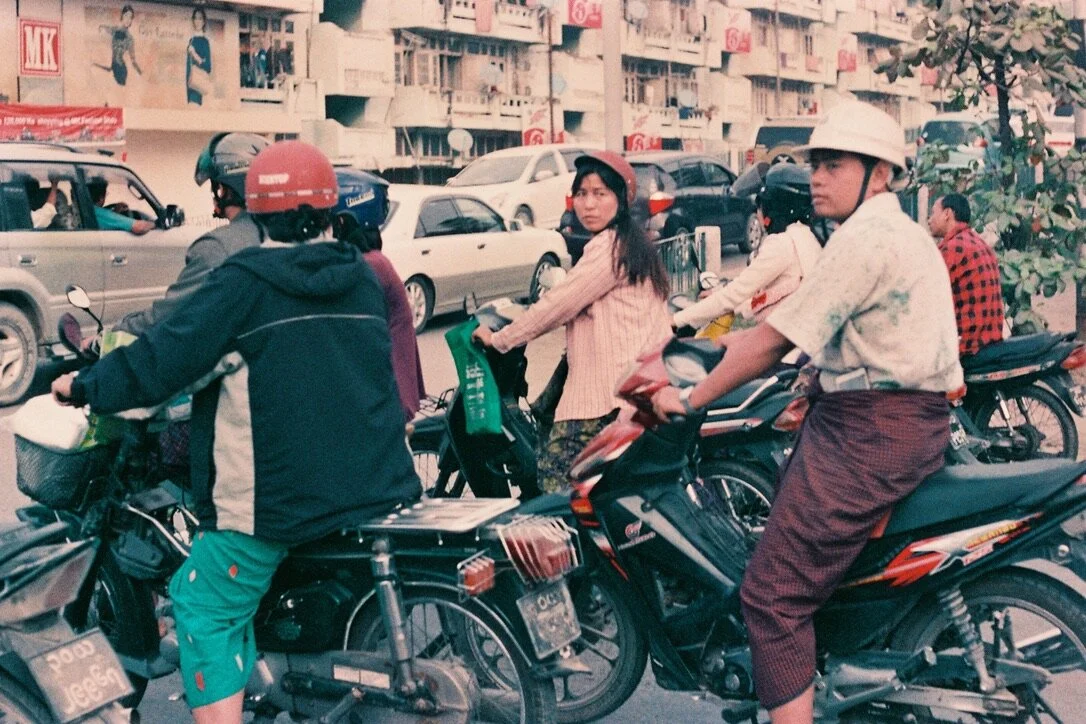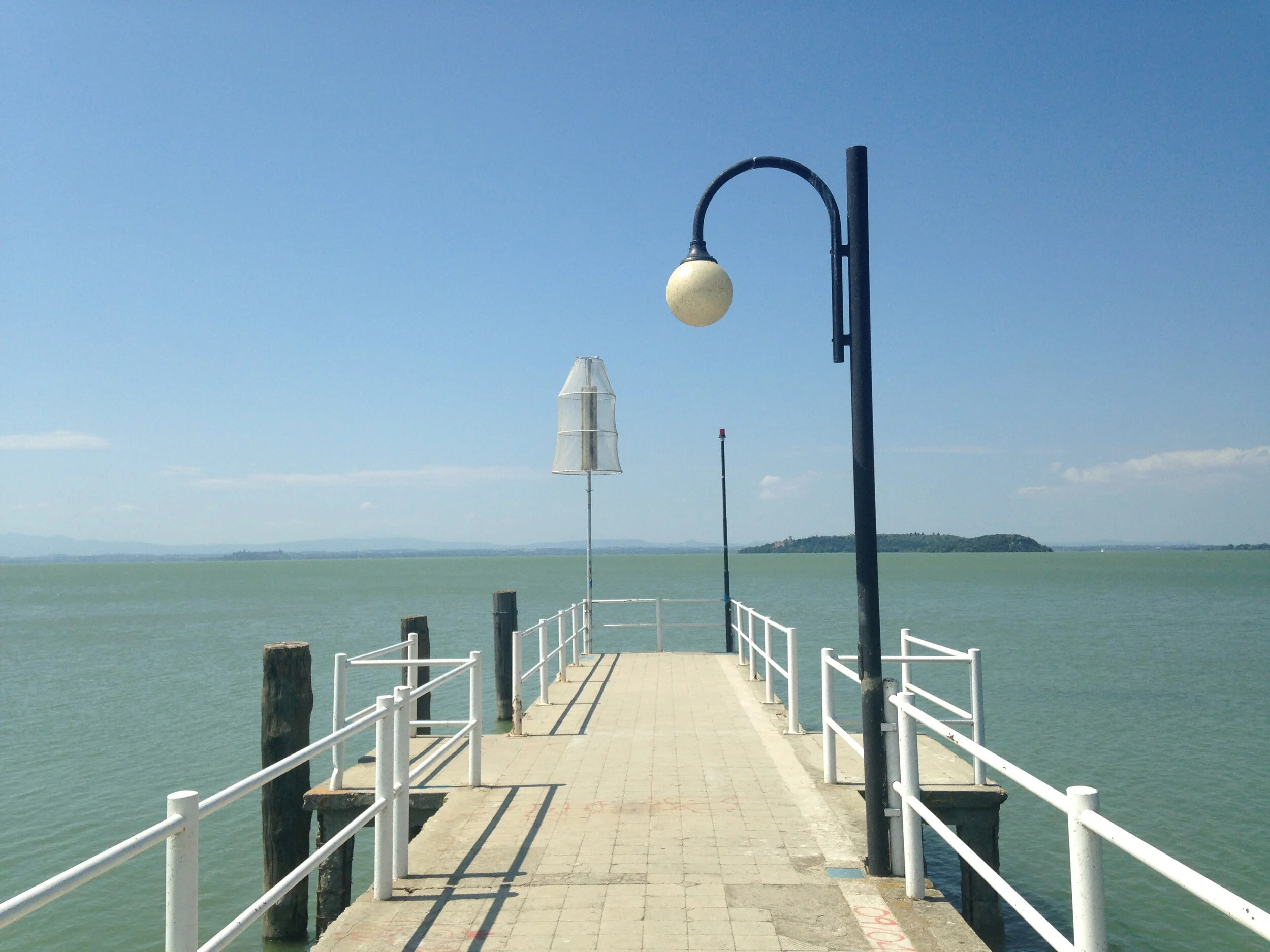The provision of impartial aid to affected populations has become everyone’s business in this post-globalized world. Aid actors cannot continue reproducing reactionary models that at the end benefit INGOs and not crisis-affected people.
El dilema recurrente del COVID-19 y la trampa de la ultra-solución
Acabar con los encierros es, como lo define Paul Watzlawick, “una ultra-solución”: un intento de arreglar un problema deshaciéndose de todo lo que tenga que ver con el mismo. Al caer en esta trampa, los gobiernos están utilizando la ultra-solución, arriesgándose a destruir tanto la economía, como la vida de las personas al final del túnel.
The recurring COVID-19 dilemma and the ultra-solution trap
A Letter for Humanitarians
New crises, same approaches. Why aren’t humanitarians evolving?
Géopolitique de l'Homophobie
L’homophobie est entendue comme les discriminations de tous ordres à l’encontre des personnes LGBT (lesbiennes, gays, bisexuelles et transgenres). Si «l’homophobie politique» est déjà connue en tant qu’outil de duplicité en politique intérieure, Michel Maietta explore davantage son pouvoir de manipulation, jusqu’à sa dimension géopolitique. L’auteur nous rappelle à quel point la protection des droits des personnes LGBT revêt une importance stratégique dans la défense plus large des droits de l’homme.
Using foresight to challenge the geopolitics of homophobia
Facetime versus Face-to-face time
8 non-analytical things I learnt at an analysis training
In this piece Leonie reflects on a workshop which she attended in mid-June where she spent 3 days with the IARAN fellows: a group of humanitarian professionals with expertise that spans urban planning and UK asylum law to GIS and social entrepreneurship. They discussed how each of them, in their separate organisations can bring change to the humanitarian sector, for the better.
The barriers to transforming LGBTI social exclusion towards 2030
A chance to engage in frank dialogue with LGBTI
Shifting the Power: A Few Hard Truths on Localisation
Many have said it before: localisation needs to stop being a talking point and start being a reality. But we have been saying this since the advent of capacity building. So do we really mean it? If so, how can we bring about localised change effectively, and swiftly?
Why localisation is no longer an 'if', but firmly, a 'when'.
Aid in the Tech Era
The last century has been characterised by the advancement and spread of technology. The reach and adoption, particularly of information and communication technology (ICT) saw a sharp rise in the 1990s and has grown exponentially since. Leonie LeBorgne and Matthew Williams ask: are Aid Organisations ready to respond to a growing and dangerous digital divide?
Caution! Aid re-construction zone
With problems on the rise ‘at home’, criticism of foreign aid is stronger than ever. At the same time, humanitarian needs are growing, and far outpacing the funding requirements and government commitments needed to address the short- and long-term consequences of crises. What lies in store for aid organisations?
L’humanitaire maritime : un incubateur de nouvelles approches
Depuis une décennie, les besoins humanitaires ne cessent d’évoluer, s’intensifiant et se complexifiant. En 2015, selon l’UNHCR, 65.3 millions de personnes étaient déplacées. Parmi celles-ci, 21.3 millions sont des réfugiés au titre de la convention de 1951 et la très grande majorité d’entre eux le sont dans un pays voisin. Seule une minorité de 6% sont accueillis en Europe. Malgré cette faible proportion, la crise migratoire à laquelle est confrontée l’Europe depuis 2014 a contribué à mettre en avant les fragilités du système humanitaire traditionnel.
Using the Future to Humanity’s Advantage
$1 spent in preparedness saves $7 in humanitarian response (1). Humanitarians working in disaster preparedness, early warning, and resilience building have all heard this before. Though it may satisfy public and private donors for reasons of accountability and a no-regrets approach to programming, we need to push past this statistic. What is the true value of pre-empting the future when working in humanitarian response?
How important is the motivation of actors in maintaining humanitarian space?
The growth in the humanitarian sector to include private companies as partners and implementers challenges the notion that organizations working in the humanitarian sector must be driven by the humanitarian imperative alone. The inclusion of commercial firms whose fundamental purpose is to make a profit necessitates an examination of the consequences when the humanitarian imperative is but one of many motivations.
“The Power of Love” and why Capacity Building initiatives may fail: lessons from Kenya
In an effort to gain a deeper understanding of the practical realities that either foster or inhibit participation and the assumptions that underscore “capacity development” approaches, this paper examines a capacity development approach that was co-designed by the Regional Humanitarian Analyst at Save the Children East Africa Regional Office and the Project Director for the IRC-UoN Partnership for Education in Emergencies.



















